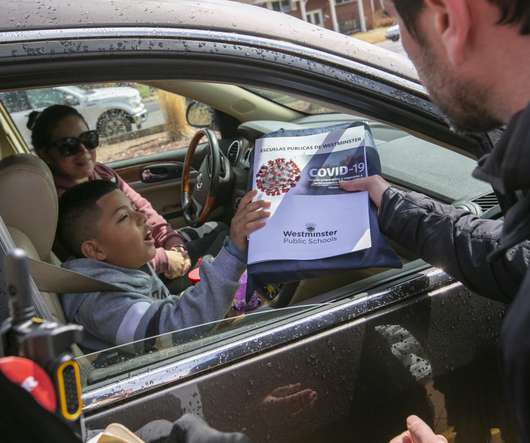A Tiny Microbe Upends Decades of Learning
The Hechinger Report
APRIL 22, 2020
Miami-Dade County Public Schools has distributed some 100,000 tablets and other mobile devices, and more than 11,000 smartphones that double as Wi-Fi hot spots. Miami-Dade County Public Schools, for instance, sent home about 80,000 tablets and other mobile devices, and more than 11,000 smartphones that double as Wi-Fi hot spots.















Let's personalize your content